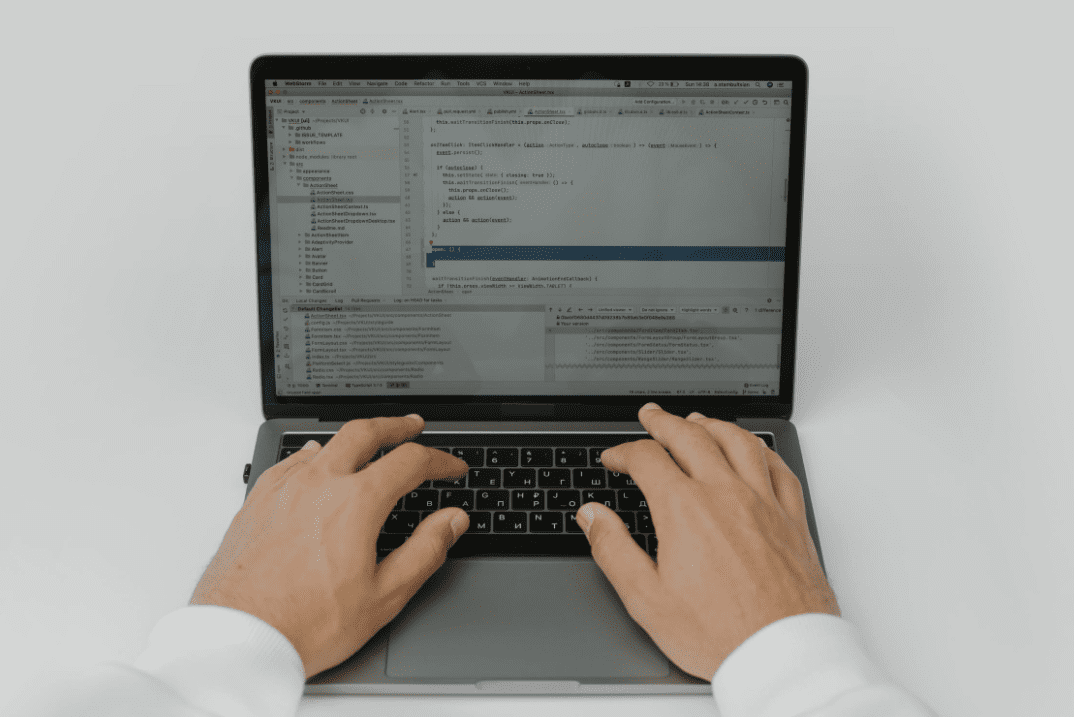
Running a business in the 21st century provides access to so many useful tools. From electronic mail to online appointment software, technology makes every aspect of business so much easier. However, there are some cybersecurity dangers of relying so heavily on technology that you should be wary of.
Cybersecurity threats cost businesses trillions of dollars annually. That’s right, global corporations are losing trillions of dollars due to different forms of cybercrime. You can lose a lot of money and credibility when data breaches occur in your own organization. Small businesses, in particular, can be delivered massive blows as they often lack the necessary resources to recover from a cyberattack.
To survive in this day and age, you need to add these cybersecurity protocols to your appointment-based business as soon as possible. This guide will walk you through what each of them entails and why they will be of benefit to you and your customer base:
1. Require Two-Factor Authentication
Most organizations require at least one form of identification in order to book an appointment. More often than not, all that is required is a username and password used to access some sort of customer or patient portal. While this is better than using no barriers at all, you can do better.
Two-factor authentication is gaining popularity among businesses because it’s a simple addition that adds a lot of extra security. In addition to the username and password, customers need to use an additional method of verification before booking an appointment or making a payment. This can be done by accepting a security code via email or text message in a matter of seconds.
Thanks to two-factor authentication, anyone trying to access your customer’s account will be stopped in their tracks unless they also have access to their smartphone or other devices. This extra barrier to entry doesn’t take up much extra time for the consumer, but it’s enough to fend off most intruders.
2. Implement Security Programs
There may be times when customers need to input sensitive info when booking an appointment or updating their customer portal. You hold a great responsibility to protect any information that customers share with you. Implementing digital security programs will help your customers feel safe and protect the information you collect from them.
For example, you can force visitors to your website to open a new secure window using a security program whenever they need to enter sensitive information. This is a strategy many banks implement to prevent the risks associated with account information.
Of course, there is a certain amount of responsibility that consumers need to take when handling their personal info online. Still, the company in question will almost always be the first to be blamed if data is ever breached. Don’t take any chances and use a security program to keep your customers as safe as is within your power.
3. Secure Your Mobile App
In addition to protecting customers using your website, you should also make sure to keep the mobile resources you use safe. In particular, if you offer a mobile app, you should have security options enabled and even required for consumer use.
Common security options for mobile apps include requiring an account ID with a PIN, including a secret word chosen by the customer, or even FaceID for select devices. Each of these options helps to keep customer accounts secure in a variety of situations.
Another feature you should consider implementing is automatic inactivity log-out. This feature boots customers off of the app or website if they are inactive for a period of time. This reduces the risk of someone having time to access their account in person or hack into it online.
4. Safeguard Your Network
Your cybersecurity protocols should extend all the way to your lobby. If you offer complimentary Wi-Fi to your guests, you should only do so on a secure network. Public Wi-Fi is notorious for being insecure and an unsafe browsing option. So, you don’t want your place of business to be an example of that.
Start by making sure your physical equipment is in a secure location. You can spend a lot of time working on the digital side of security, but someone with physical access to your internet router can override all of that.
Next, you can start working on the digital side of things. Put up an extra firewall, require login for internet use, and separate the access points between your business hardware and personal devices in your lobby. Keep your software and hardware updated, and you shouldn’t encounter very many problems.
One should never take cybersecurity lightly. You would be frustrated if a business you patronize lost your personal data, so don’t let a data compromise happen to your customers on your watch. Implement these protocols without delay and continue to look for ways to keep your security as strong as possible.
Image Credit: Cottonbro; Pexels; Thank you!

